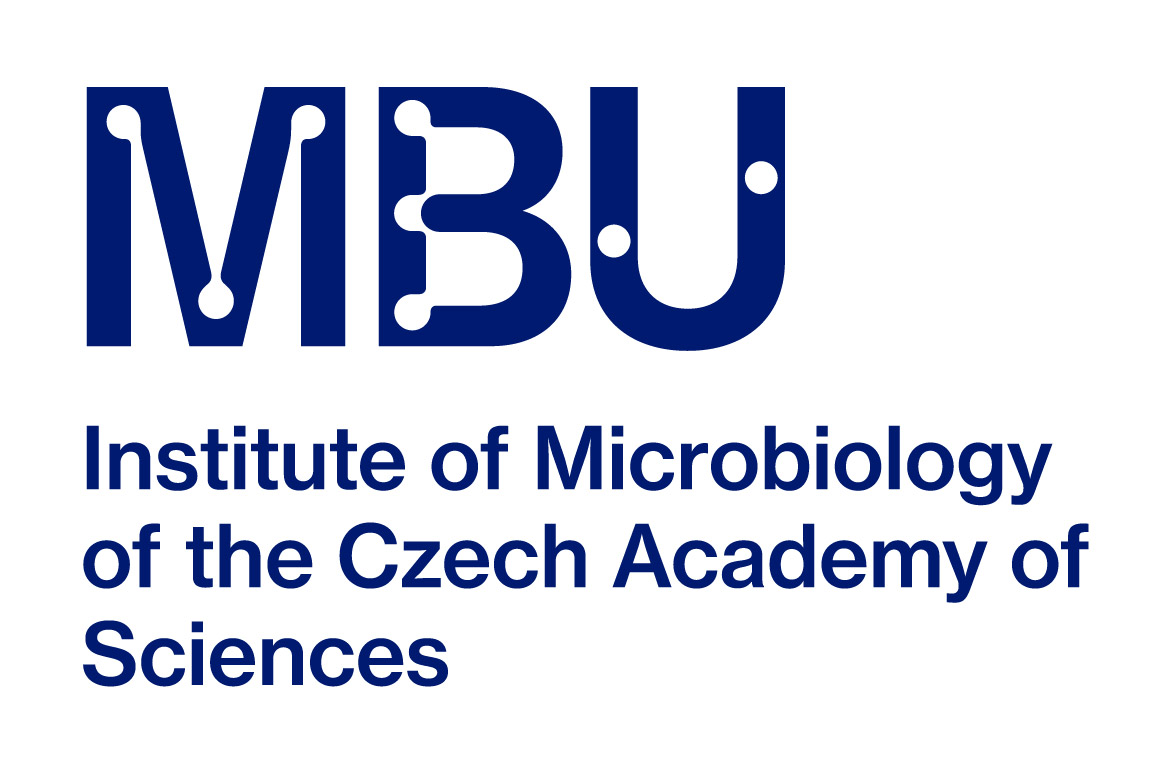
- Developing the Next Generation of Biocatalysts for Industrial Chemical
Synthesis - Research area: KBBE.2010.3.3–02 Biotechnology for ‚greening‘ the chemical
industry – Industrial bioprocesses for fine and speciality chemicals and intermediates - Call: FP7-KBBE-2010–4
More information sources:
Project description
BIONEXGEN will develop the next generation of biocatalysts to be used for eco-efficient
manufacturing processes in the chemical industry. A collaboration by industrial and academic
partners have identified the key technology fields of amine synthesis, polymers from renewable
resources, glycoscience and wider oxidase application as four key areas where the next generation of
biocatalysts that will lead to improvements in both economic and environmental performance of the
chemical manufacturing industries. This project will enable industry to use renewable resources with
reduced greenhouse gas production as compared to their fossil counterparts and deliver
biotechnological routes with reduced energy consumption and less toxic wastes compared to
conventional chemical processes.
Routes to specialised, high-value chemicals (e.g. chiral chemical compounds) normally require
long chemical synthetic routes involving complex reaction steps with toxic side products and waste
streams and this project will allow these methods to be replaced by clean bio-catalysis routes. To
broaden the range of fine and speciality chemicals and intermediates produced by biotechnological
routes, research will address: (i) design and optimisation of enzymes to be used in synthetic
chemistry, (ii) the selection/development of modified microorganisms which are resistant to
heat, pressure or low pH when used in the production of chemical entities and allow (iii) the
integration of biotechnological steps into conventional chemical processes.
The project will develop and integrate with chemical steps the biotechnological manufacturing
routes for the synthesis of fine and speciality chemicals especially amines, oligosaccharides and
renewable polymer intermediates which are better in terms of eco-efficiency, economic potential,
complexity and /or specificity of the synthetic pathways than those currently employed.
Dissemination strategy will enhance the impact of this work through three separate initiatives.
Economic viability and eco-efficiency will be evaluated and assessed on a quantitative basis and
these results will be published in the scientific literature.
Green chemistry initiatives in the BIONEXGEN project and the FP7 contributions will be presented
to the wider public on a project website and through material displays at the museum in Manchester
and the Big Saturday event in Manchester Science Week. An overall end of project meeting in Brussels
will invite a range of political decis
Participants
| Entrechem SL | Spain |
| Chemistry Inovations, Ltd. | United Kingdom |
| Lentikats’s a.s. | Czech Republic |
| ACIB GmbH | Austria |
| CLEA Technologies BV | Netherlands |
| Leibniz-Institut fur Pflazenbiochemie | Germany |
| Mikrobiologický ústav – AV ČR, v.v.i. | Czech Republic |
| Slovenska technicka univerzita v Bratislave | Slovakia |
| GALAB Laboratories GmbH | Germany |
| Universitaet Stuttgart | Germany |
| Universidad de Oviedo | Spain |
| BASF SE | Germany |
| Rijksuniversiteit Groningen | Netherlands |
| Kungliga Tekniska Hoegskolan | Sweden |
| Danmarks Tekniske Universitet | Denmark |
| University College London | United Kingdom |
| The University of Manchester | United Kingdom |


 Doc. Ing. Kateřina Valentová, PhD.
Doc. Ing. Kateřina Valentová, PhD.